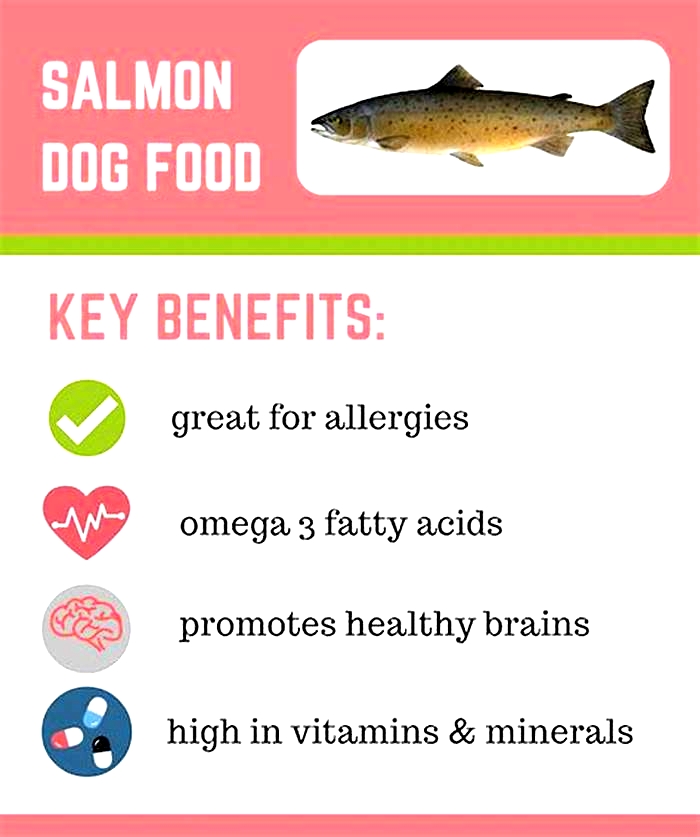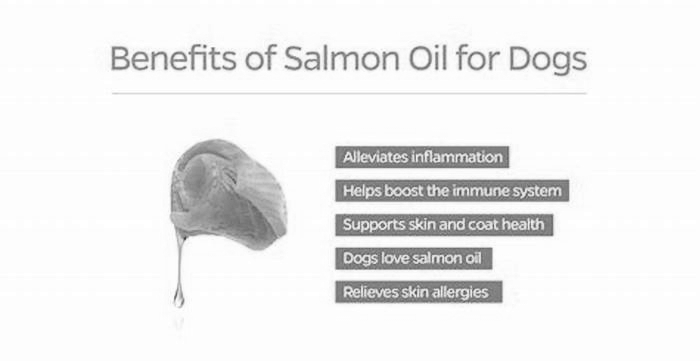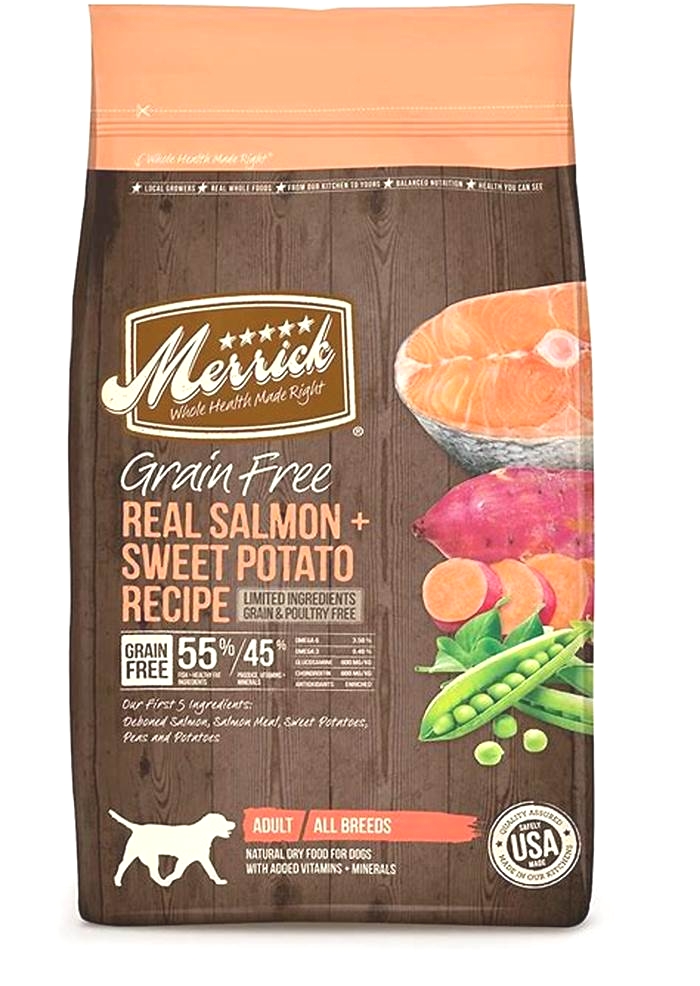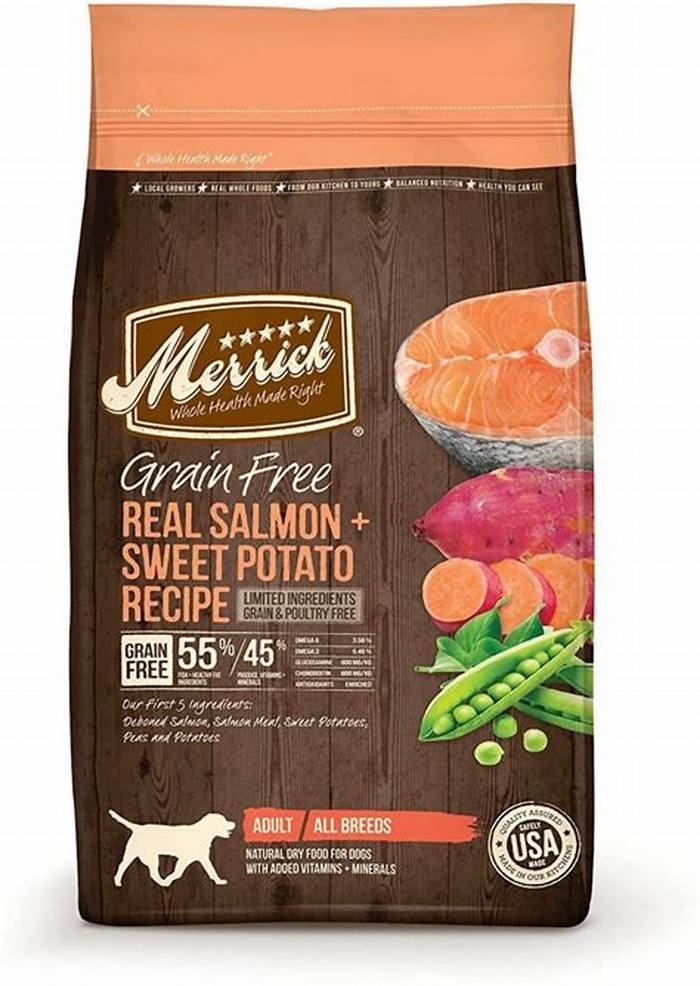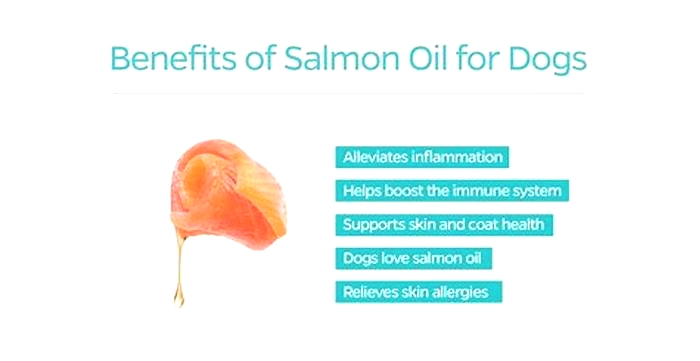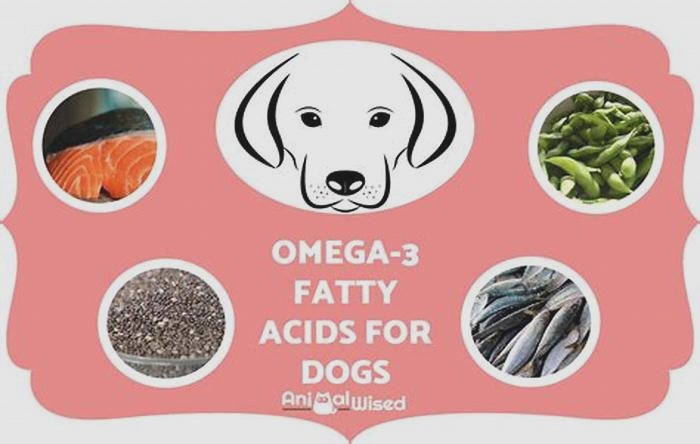Discovering the Benefits of Fish Based Diets for Dogs

What is a pescatarian diet?
The pescatarian diet, or pescatarianism, involves eating a primarily vegetarian diet with the addition of fish and other seafood. This may offer potential health benefits.
Eating a diet consisting mainly of plant-based foods has a variety of health benefits, which the addition of fish and fish products may enhance.
In this article, we look at the potential health benefits of a pescatarian diet and what people can eat on this kind of diet.
The pescatarian diet has many health benefits. Below, we cover some of these benefits.
Heart health
Fish, especially fatty fish like salmon, herring, and trout, are concentrated in omega-3 fatty acids. Omega-3s are fats that are essential to health and are involved in critical processes including regulating inflammation in the body.
Apart from fish, the pescatarian diet consists mainly of plant foods. According to one
The study authors say that the heart health benefits of a plant-based diet include improved blood lipids and lower blood pressure.
The same research concludes that a vegetarian diet could reverse atherosclerotic plaques when combined with exercise and stress management.
Atherosclerosis occurs when plaque builds up in the arteries. This causes the arteries to harden, narrow, and restrict the blood flow.
Cancer
A pescatarian diet may also protect people against colorectal cancers, or cancers that affect the colon and rectum.
According to a
The study used data from a cohort of over 77,650 people and found that the pescatarian diet had a strong protective effect against colorectal cancers.
Diabetes and inflammation
Following a plant-based diet may help reduce the risk of
Metabolic syndrome is a cluster of conditions, including insulin resistance, high blood pressure, and obesity.
The omega-3 fats found in fish have powerful
Plant-based diets are high in anti-inflammatory and antioxidant agents, such as flavonoids. These are natural compounds present in plants. Flavonoids have a range of
A
Listed below are some suggestions for sources of fish that a person on a pescatarian diet can eat:
- canned sardines
- canned salmon
- canned tuna
- fish sticks
- frozen salmon, trout, and herring
- frozen shrimp
- fresh fish, such as cod, salmon, pollock, catfish, and sardines
- fresh shellfish, such as shrimp, clams, and scallops
Other foods to include are:
- fruit
- vegetables
- cereals and whole grains, including oats, bulgar wheat, amaranth, corn, and rice
- pseudo grains, such as quinoa and buckwheat, which are gluten-free
- legumes, including kidney beans, pinto beans, and peas
- legume products, including tofu and hummus
- nuts and nut butters
- seeds, such as flaxseeds, hemp seeds, and chia
- eggs and dairy, if lacto-ovo-vegetarian
Although its possible for a person following a vegetarian diet to consume all of the nutrients they need through the foods they eat, any diet that restricts a large number of foods could lead to suboptimal intake of one or more nutrients.
For example, if a person avoids dairy products, they must be sure to consume other foods rich in calcium ike certain vegetables, nuts and seeds, and beans.
Here, we give examples of recipes for meals that a person might consider when choosing a pescatarian diet:
Breakfast
Sardines on crostini
Sardines are an excellent source of omega-3s. Using spinach to make a pesto spread on the crostini provides a source of vitamin C and vitamin A. The vitamin C helps increase the amount of iron a person absorbs.
This recipe uses canned sardines, but it is also possible to use fresh sardines or anchovies. Starting the day with protein increases the feeling of fullness, and the pesto adds healthful greens that are a source of iron.
Lunch
Classic baked falafel
Tahini is good source of plant protein and omega-3s. Chickpeas are also a good source of plant protein and fiber. Add a healthful Mediterranean salad to this recipe to create a filling lunch.
Dinner
Roasted salmon with shallot grapefruit sauce
Salmon provides omega-3s essential fatty acids.
Strong-flavored fish go very well with citrus fruits such as grapefruit. The addition of grapefruit to this recipe also adds vitamin C and fiber, and it counts toward the 2 servings of fruit that a person should eat per day.
Most pescatarians only have seafood once a day or a few times a week, not multiple times per day. Another option for a one-day meal plan could be:
Breakfast: Oatmeal made with coconut milk topped with fresh berries, chia seeds, and almond butter
Lunch: A grain bowl made with quinoa, sweet potatoes, kale, and chickpeas.
Dinner: Grilled salmon and lemony asparagus served with a baked potato and a side salad
Heavy metal and pollutants in marine fish is a global issue. With
Mercury is present in the atmosphere and bodies of water and, because of this,
For most people, the mercury present in fish is not a risk, explains the
However, they advise women considering becoming pregnant, women who are pregnant, nursing mothers, and young children not to eat specific fish.
Fish to
- shark
- sword fish
- king mackerel
- tilefish
Fish
- canned light tuna
- salmon
- pollock
- shrimp
- catfish
A pescatarian diet may be healthful and carries health benefits, as long as people avoid fish with high levels of mercury.
People may find that canned tuna and sardines, as well as smoked fish, are the easiest foods to obtain and eat. These are full-flavored options, but frozen white fish and fish sticks are more delicately flavored options.
Where possible, people may wish to try to buy fresh fish from sustainable sources. A useful website that can help is Seafood Watch.
Fish-Based Diets for Dogs: Health Benefits and Tips
Are you looking for a nutritious and delicious diet for your furry friend? Consider fish-based diets for dogs! Not only are they packed with protein, but they also offer a wide range of health benefits. From promoting a shiny coat to supporting heart health, fish can be a fantastic addition to your dogs meal plan.
When it comes to choosing the best fish-based dog foods, its essential to select the right types of fish that are safe and beneficial for your pup. Fish species such as Arctic char, catfish, cod, flounder, herring, salmon, walleye, and whitefish are excellent options to consider. Avoid fish with higher mercury levels, like tuna and swordfish, as they may not be as suitable for dogs.
Key Takeaways:
- Fish-based diets offer numerous health benefits for dogs, including improved skin and coat health, easy digestibility, and support for heart and brain health.
- Fish is a safe and nutritious source of protein for dogs, packed with essential Omega-3 fatty acids.
- Choosing the right types of fish, such as Arctic char, catfish, cod, and salmon, is crucial for your dogs health.
- Fish is considered a hypoallergenic option for dogs with food allergies or sensitive stomachs, making it a suitable choice for a wide range of pups.
- Including fish in your dogs diet provides essential vitamins and minerals, such as Vitamin D, selenium, calcium, and magnesium.
So why wait? Give your furry friend a taste of the ocean with a fish-based diet and watch them thrive!
Fish as a Hypoallergenic Option for Dogs

If your dog has allergies or a sensitive stomach, finding the right diet can be a challenge. Fortunately, fish can be a great hypoallergenic option for dogs in these situations. Unlike common proteins like beef and chicken, fish is less likely to trigger an allergic reaction in dogs. By incorporating fish into your dogs diet, you can provide them with a nutritious and delicious meal that helps alleviate allergy symptoms and promotes better digestive health.
One of the reasons fish is considered hypoallergenic is because it contains novel proteins. Dogs with food allergies often develop reactions to the proteins they frequently consume, such as beef or chicken. Introducing a new protein source like fish helps reduce the risk of triggering an allergic response. Additionally, fish is also generally easier to digest compared to other protein sources, making it ideal for dogs with sensitive stomachs.
When choosing a fish-based dog food, its important to read the labels and ensure that the brand uses high-quality ingredients. Look for fish meals or whole fish as the main protein source, and avoid products that contain fillers or artificial additives. Its also a good idea to consult with your veterinarian before making any significant changes to your dogs diet, especially if they have existing health conditions or allergies.
The Benefits of a Fish Diet for Dogs with Allergies:
- Less likely to trigger allergic reactions compared to common proteins like beef and chicken
- Contains novel proteins that reduce the risk of allergies
- Easier to digest, making it suitable for dogs with sensitive stomachs
- Promotes better digestive health and reduces gastrointestinal issues
Tips for Feeding a Fish-Based Dog Food:
- Choose a high-quality brand that uses fish as the main protein source
- Avoid products with fillers or artificial additives
- Gradually transition your dog to the new diet to prevent digestive upset
- Monitor your dog for any changes in behavior or health after switching to a fish-based diet
Overall, fish can be a beneficial option for dogs with allergies or sensitive stomachs. Not only does it provide a hypoallergenic protein source, but it is also rich in omega-3 fatty acids, which offer numerous health benefits. Whether you choose to feed your dog a commercial fish-based dog food or prepare homemade meals, incorporating fish into their diet can help support their overall wellbeing.
| Fish-Based Dog Food Brands | Ingredients | Price Range |
|---|---|---|
| Natures Recipe Grain-Free Salmon, Sweet Potato, and Pumpkin Recipe | Salmon, sweet potato, pumpkin, peas | $ |
| Blue Buffalo Basics Limited Ingredient Diet Grain-Free Fish and Potato Recipe | Whitefish, potatoes, peas, fish oil | $$ |
| Wellness Simple Limited Ingredient Diet Grain-Free Salmon and Potato Recipe | Salmon, potatoes, peas, fish oil | $$$ |
Fish for Skin and Coat Health in Dogs
Fish is not only a nutritious protein source for dogs but also offers several benefits for their skin and coat health. The omega-3 fatty acids found in fish, such as EPA and DHA, contribute to reducing inflammation and itching, which are common issues in dogs with skin allergies. These fatty acids promote a healthy skin barrier, resulting in improved coat condition and overall skin health. Incorporating fish into a dogs diet can help address skin-related problems and enhance their appearance.
If youre specifically looking to support your dogs skin and coat health, fish oil supplements can be a beneficial addition to their diet. Fish oil is rich in omega-3 fatty acids, which offer anti-inflammatory properties and help nourish the skin from within. Adding fish oil supplements to your dogs meals can help alleviate dryness, itchiness, and flakiness, enhancing their coats shine and promoting a healthy, lustrous appearance.
When selecting fish oil supplements for your dog, ensure they are specifically formulated for canine use. Check the label to determine the appropriate dosage according to your dogs weight and consult your veterinarian for further guidance. Its important to introduce any new dietary changes gradually to avoid any digestive upset or adverse reactions.
In summary, incorporating fish into a dogs diet, whether through whole fish or fish oil supplements, can significantly benefit their skin and coat health. The omega-3 fatty acids found in fish help reduce inflammation, soothe skin allergies, and promote a shiny, healthy coat. Consider adding fish-based options to your furry friends meals to support their overall well-being and enhance their external appearance.
Fish as a Digestible Protein Source for Dogs
Fish is not only a nutritious protein source for dogs but also highly digestible, making it an excellent option for dogs with sensitive stomachs or digestive issues. Unlike some other protein sources like beef or pork, fish is lean and easily broken down by a dogs digestive system, which can help alleviate gastrointestinal problems and improve overall digestion.
When transitioning your dog to a fish-based diet, its important to do so gradually to avoid any digestive upset. Start by replacing a small portion of their current food with a fish-based formula and gradually increase the amount over a period of several days or weeks. This gradual transition allows your dogs digestive system to adjust to the new protein source without causing any discomfort.
Its worth noting that fish-based dog food is specifically formulated to provide all the essential nutrients your dog needs for a balanced diet. Its important to choose a high-quality fish-based dog food that meets your dogs nutritional needs and is free from any artificial additives or fillers. Consulting with your veterinarian can also help ensure that the fish-based diet is appropriate for your dogs specific dietary requirements.

The Benefits of a Fish-Based Diet for Dogs with Sensitive Stomachs
A fish-based diet can offer several benefits for dogs with sensitive stomachs. Firstly, its a hypoallergenic protein source, meaning it is less likely to cause allergic reactions compared to common proteins like beef or chicken. This makes it an ideal option for dogs with food allergies or intolerances.
Furthermore, fish is easily digested and gentle on the stomach, making it less likely to cause gastrointestinal upset or digestive issues. This can help alleviate symptoms such as vomiting, diarrhea, or excessive gas in dogs with sensitive stomachs.
Additionally, fish is rich in omega-3 fatty acids, which have anti-inflammatory properties that can help reduce inflammation in the digestive tract. By reducing inflammation, a fish-based diet can promote a healthier digestive system and overall gastrointestinal function in dogs with sensitive stomachs.
Fish for Heart Health in Dogs
Fish-based diets not only provide a delicious meal option for your canine companion but also offer significant benefits for their heart health. The Omega-3 fatty acids found in fish play a crucial role in reducing inflammation in the cardiovascular system and promoting a healthy heart. By including fish in your dogs diet, you can provide them with high-quality protein along with heart-healthy fats that cannot be easily replicated with other supplements.
Omega-3 Fatty Acids for a Healthy Heart
The Omega-3 fatty acids EPA and DHA found in fish have been shown to have positive effects on heart health in dogs. These essential fatty acids help reduce inflammation, prevent the formation of blood clots, and regulate the hearts rhythm. By incorporating fish into your dogs meals, you can ensure they receive these vital nutrients that support optimal heart function and overall cardiovascular wellness.
Including fish in a dogs diet can provide high-quality protein along with heart-healthy fats.
Choosing the Right Fish for Heart Health
When selecting fish for your dogs diet, its important to choose varieties that are low in mercury and safe for consumption. Good options include salmon, trout, sardines, and whitefish. Avoid fish species with higher mercury levels, such as tuna and swordfish, as excessive mercury intake can be harmful to your dogs health. By providing a variety of fish in their diet, you can ensure your dog receives a balanced intake of essential nutrients and supports their heart health.
| Fish Species | Mercury Level |
|---|---|
| Salmon | Low |
| Trout | Low to Moderate |
| Sardines | Low |
| Whitefish | Low |
By incorporating fish into your dogs diet, you can provide them with a wholesome and nutritious meal option that supports their heart health. Remember to consult with your veterinarian to determine the appropriate portion sizes and ensure your dogs specific dietary needs are met.

Fish for Brain Development and Function in Dogs
Fish-based diets are not only beneficial for physical health in dogs but also play a crucial role in brain development and function. Omega-3 fatty acids, specifically EPA and DHA, found in fish are essential nutrients that contribute to optimal brain health and cognitive function. By incorporating fish into your dogs diet, you can ensure they receive these important nutrients for their overall wellbeing.
The Omega-3 fatty acids in fish support healthy brain development, particularly in puppies. These nutrients assist in the growth and maintenance of brain cells, promoting optimal cognitive function and improved learning capabilities. Additionally, EPA and DHA have been linked to enhanced memory retention and overall mental sharpness in dogs of all ages.
Research has shown that dogs receiving a fish-based diet have improved concentration and focus, making it easier for them to learn new commands and engage in interactive activities. The brain-boosting benefits of fish are not limited to puppies or younger dogs but also extend to older dogs, helping to support cognitive function as they age.
Benefits of Fish for Brain Health in Dogs
- Omega-3 fatty acids, EPA and DHA, contribute to healthy brain development.
- Improved cognitive function and enhanced memory retention.
- Supports optimal learning capabilities and concentration.
- Helps maintain brain health in older dogs.
Incorporating fish into your dogs diet can provide the essential nutrients needed for optimal brain health and cognitive function. Omega-3 fatty acids support brain development in puppies and help dogs of all ages maintain mental sharpness and focus. Its a delicious and nutritious way to promote your furry friends brain health!
Table: Comparison of Omega-3 Fatty Acid Content in Common Fish
| Fish Species | Omega-3 (EPA + DHA) per 100g |
|---|---|
| Salmon | 2,260mg |
| Sardines | 2,205mg |
| Mackerel | 1,988mg |
| Tuna | 1,297mg |
| Trout | 1,241mg |
Fish as a Source of Essential Vitamins and Minerals for Dogs
Fish is not only a great source of protein and Omega-3 fatty acids for dogs but also provides essential vitamins and minerals that contribute to their overall health and wellbeing. Incorporating fish into your dogs diet can ensure they receive these important micronutrients, supporting their immune system, bone health, and more.
Table: Essential Vitamins and Minerals in Fish-Based Dog Diets
| Vitamin/Mineral | Function | Sources |
|---|---|---|
| Vitamin D | Promotes calcium absorption for strong bones and teeth | Salmon, mackerel, sardines |
| Vitamin A | Supports vision, immune function, and healthy skin | Tuna, cod, herring |
| Selenium | Acts as an antioxidant, supports immune function | Halibut, trout, flounder |
| Calcium | Essential for bone health and muscle function | Whitefish, catfish, haddock |
| Magnesium | Regulates nerve and muscle function | Arctic char, tilapia, trout |
By including fish in your dogs diet, you can ensure they receive these important micronutrients that are necessary for various bodily functions. Vitamin D helps promote healthy bone development and calcium absorption, while Vitamin A supports vision, immune function, and healthy skin. Selenium acts as an antioxidant, protecting cells from damage, while calcium is essential for strong bones and teeth. Magnesium plays a role in regulating nerve and muscle function, supporting overall health and vitality.
Its important to note that each fish species may have varying levels of these vitamins and minerals. Therefore, its beneficial to offer a variety of fish types to ensure a well-rounded nutrient intake. Remember to consult with your veterinarian to determine the appropriate amount of fish to include in your dogs diet based on their age, size, and specific nutritional needs.
Overall, fish-based diets provide a delicious and nutritious way to support your dogs health through the inclusion of essential vitamins and minerals. By choosing fish species rich in these micronutrients, you can help ensure your furry friend receives the necessary nutrients for optimal wellbeing.
Conclusion
Fish-based diets for dogs offer a plethora of health benefits that can contribute to their overall wellbeing. Whether youre looking for a hypoallergenic option, aiming to improve your dogs skin and coat health, or seeking easy digestibility, fish is a fantastic choice.
Not only does fish provide essential nutrients and micronutrients, but it also supports heart and brain health in dogs. The Omega-3 fatty acids found in fish play a key role in reducing inflammation, promoting healthy brain development, and supporting cardiovascular health.
By incorporating fish into your dogs diet, you can ensure they receive high-quality protein and vital nutrients. Plus, fish-based diets offer a delicious and nutritious meal option that your furry friend is sure to love.
So why wait? Give your dog the benefits of a fish-based diet and watch them thrive with improved health and vitality.
FAQ
Can all types of fish be safely fed to dogs?
No, some fish species, such as tuna and swordfish, have higher levels of mercury and should be avoided. Safe options include Arctic char, catfish, cod, flounder, herring, salmon, walleye, and whitefish.
Is fish a good option for dogs with food allergies or sensitive stomachs?
Yes, fish is considered a hypoallergenic protein source and is less likely to cause allergic reactions compared to common proteins like beef and chicken. It can be beneficial for dogs with food allergies or sensitive stomachs.
How does fish promote skin and coat health in dogs?
Fish is rich in Omega-3 fatty acids, which help reduce inflammation and itching, common issues for dogs with skin allergies. Fish oil supplements can also be added to their diet for improved skin and coat condition.
Why is fish considered easier to digest for dogs?
Fish is a lean protein that provides essential amino acids for body tissue growth and maintenance. Compared to other protein sources like beef or pork, fish is easier for dogs to digest, making it a good option for those with sensitive stomachs or digestive issues.
How does fish support heart health in dogs?
The Omega-3 fatty acids found in fish help reduce inflammation in the cardiovascular system and promote a healthy heart. Including fish in a dogs diet provides high-quality protein and heart-healthy fats that are beneficial for heart health.
What role does fish play in brain development and function in dogs?
Omega-3 fatty acids, specifically EPA and DHA, found in fish are essential for brain development and function. These fatty acids contribute to healthy brain development, especially in puppies.
What essential vitamins and minerals does fish provide for dogs?
Fish is a rich source of important nutrients like Vitamin D, Vitamin A, selenium, calcium, and magnesium. These micronutrients are necessary for proper bodily functions and overall wellbeing in dogs.
What are the overall health benefits of incorporating fish into a dogs diet?
Fish-based diets offer hypoallergenic options for dogs with food allergies, promote better skin and coat health, aid digestion, support heart and brain health, and provide essential vitamins and minerals for overall wellbeing.

